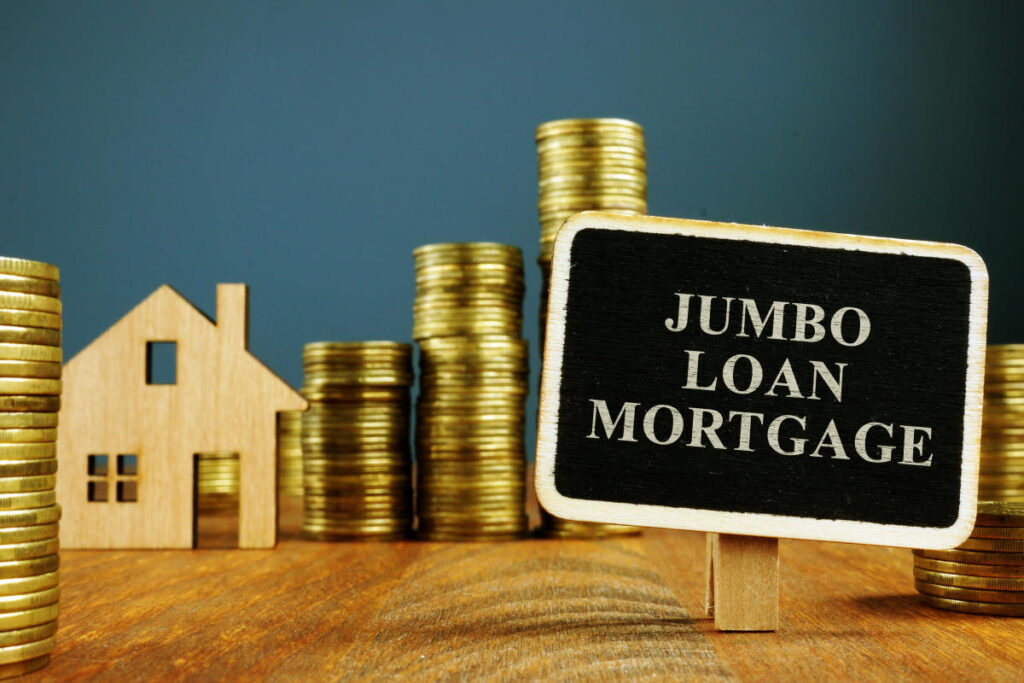A reverse mortgage is a kind of residence mortgage that permits a senior home-owner to borrow cash from the financial institution based mostly on the fairness of their residence. Reverse mortgage eligibility is proscribed to owners over the age of 62 who use the house as a main residence and who both personal the house outright or have a low mortgage steadiness.
Whereas a reverse mortgage can probably supply month-to-month revenue to senior owners, it isn’t essentially the best selection for everybody. Right here’s what it’s good to find out about reverse mortgages that will help you decide if it’s match for you.
How does a reverse mortgage work?
Like a conventional mortgage, a reverse mortgage is a house mortgage that makes use of your home as collateral. In each instances, it’s your identify on the deed.
Nonetheless, with a conventional mortgage, you borrow cash and pay it again in month-to-month installments. A reverse mortgage is simply what it seems like: As an alternative of paying cash, you obtain cash from the lender.
You don’t have to repay the mortgage when you reside in the home, however the mortgage will come due when you promote the home, when you die (that means your property or your heirs are answerable for honoring the mortgage), or if you must transfer some place else (corresponding to a nursing facility) for greater than 12 months.
Kinds of reverse mortgages
HECM
There are a number of kinds of reverse mortgages, though the most typical mortgage is a Residence Fairness Conversion Mortgage (HECM, pronounced HECK-um).
HECM loans are insured by the Federal Housing Administration (FHA), which protects the lender from borrower default. HECM loans have a most declare quantity (MCA), which is the restrict on HECM lending, regardless of the house’s appraised worth. For 2024, the HECM MCA is $1,149,825. HECM loans additionally present safety to debtors, as you’ll by no means need to pay greater than 95% of the house’s appraised worth to fulfill the mortgage — even when you owe greater than that.
Reverse mortgages from non-public lenders
Along with HECM loans, owners may additionally encounter proprietary reverse mortgage loans from non-public lenders. These loans are usually not backed by the FHA and are often utilized by owners with houses valued above the HECM MCA.
Single-purpose loans
There are additionally some single-purpose reverse mortgage loans supplied by state and native governments or nonprofit organizations. The proceeds for these sorts of loans have to be used for one particular objective (corresponding to a house renovation) outlined by the lender.
Reverse mortgage necessities
HECM reverse mortgages have a lot of necessities that owners should meet with a purpose to qualify for a mortgage. The borrower should:
- Be age 62 or older.
- Totally personal the house or owe little or no on the mortgage.
- Reside within the residence as a main residence.
- Not owe any federal taxes or federal pupil loans.
- Have the ability to pay ongoing property taxes, owners insurance coverage premiums, and owners’ affiliation dues.
- Attend a HECM counseling session with a counselor permitted by the Division of Housing and City Improvement (HUD).
How a lot can I borrow with a reverse mortgage?
The “principal restrict” is the time period for the sum of money you may borrow by way of a reverse mortgage. The worth of your house and the quantity of fairness in your house could also be apparent elements that decide your principal restrict, however there are further concerns that may have an effect on your borrowing restrict.
The sum of money you may borrow through a HECM partially will depend on the age of the borrower. These sorts of loans are solely accessible to owners over the age of 62, however the older you’re the extra you may borrow. Within the case of married owners or different co-borrowers, the quantity of your reverse mortgage mortgage is about by the age of the youngest borrower.
The rate of interest in your reverse mortgage may also dictate the sum of money you may entry. Although you don’t make month-to-month funds with a reverse mortgage, this product nonetheless accrues curiosity over time. The upper your rate of interest, the much less cash it is possible for you to to entry through the reverse mortgage.
The excellent news is that the cash you obtain from a reverse mortgage is usually tax-free and won’t have an effect on your advantages from Social Safety or Medicare.
Learn extra: How a lot home can I afford?
Who ought to take into account a reverse mortgage?
Casey Fleming, writer of The Mortgage Information and Shopping for and Financing Your New Residence, defined over e mail that “[reverse mortgage] cash involves you in one in every of 3 ways: abruptly, in month-to-month funds, or solely if you want some extra.”
Whereas any reverse mortgage borrower can entry the fairness of their residence utilizing any of those three cost choices, right here’s who ought to take into account every reverse mortgage choice.
Lump sum: finest for a particular monetary want
Taking your reverse mortgage proceeds as a lump sum will usually solely make sense you probably have a particular, one-time monetary want.
Month-to-month funds: finest for retirement revenue
“A home-owner who wants more money circulation to keep up life-style is an efficient candidate for month-to-month funds,” mentioned Fleming. A reverse mortgage with month-to-month funds can permit owners to entry cash from their largest asset with out having to promote or transfer.
It is a frequent situation for a lot of retirees who could have diligently paid their mortgage however could not have put cash apart for retirement. Based on a report from Census.gov, extra Individuals have residence fairness than have a retirement account — and the common worth of that residence fairness is significantly larger than the common retirement account steadiness. Particularly, the report discovered that 61.9% of Individuals owned a house with a median fairness worth of $174,000 as of 2021, whereas solely 59.5% had a retirement account, with a median worth of $79,900.
Reverse mortgage line of credit score: finest for infrequent monetary wants
“A reverse mortgage line of credit score is sweet for a home-owner who has ample month-to-month revenue however has occasional want for added money, corresponding to medical payments,” mentioned Fleming.
However in response to Fleming, there’s one other main benefit to a reverse mortgage line of credit score. For those who retire whereas nonetheless carrying a mortgage steadiness, you may get a reverse mortgage providing a payout through a line of credit score. It will, in impact, repay your mortgage, and you might by no means even must entry the cash from the reverse mortgage.
“The one biggest profit for them is just not having to make a mortgage cost anymore,” Fleming mentioned. “It is life-changing.”
What’s the draw back to a reverse mortgage?
A reverse mortgage is not going to be match for each home-owner. There are some distinct drawbacks to those merchandise that owners ought to take into account.
To begin, you’ll have to pay conventional closing prices, together with an origination price, an upfront and annual mortgage insurance coverage premium, and month-to-month servicing costs. You could not need to pay out of pocket for these costs, as they will typically be taken out of the proceeds of your mortgage, however they are going to scale back the sum of money you obtain.
Learn extra: Closing on a home — What to anticipate and put together
As well as, the reverse mortgage reduces the fairness in your house. This implies it’s doable that you just (or your heirs) will obtain little to no cash from the sale of your house.
A reverse mortgage could drive you or your loved ones to promote the house. “For those who transfer (say right into a retirement residence) you might be pressured to promote if you cannot qualify to refinance into a traditional mortgage,” Fleming defined.
Reverse mortgage professionals and cons
Execs
- You may faucet fairness in your house whereas persevering with to reside there.
- You can’t owe greater than the home is price with a HECM reverse mortgage.
- You keep the title to your house.
- Nothing is due on the mortgage till you progress, promote, or die.
Cons
- You will need to pay charges, costs, and shutting prices.
- The mortgage comes due when you die or can now not take into account the house a main residence, which might complicate funds for your loved ones.
- You lose fairness in your house.

